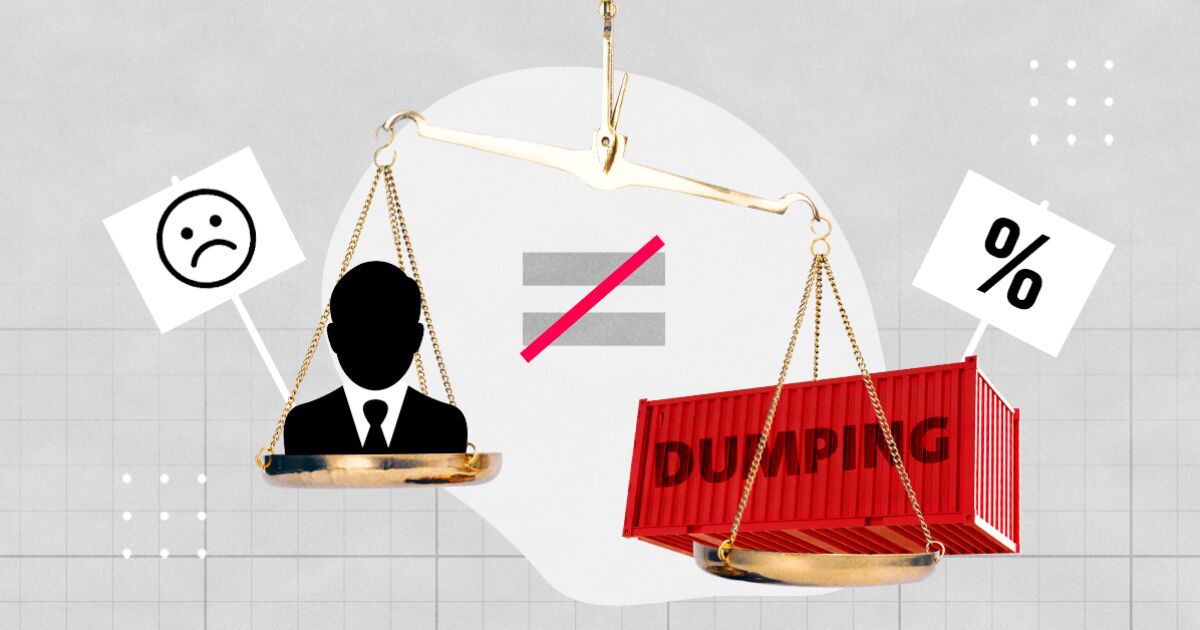
How does the new EU deforestation regulation impact exporters, producers, importers, and traders?
The new EU deforestation regulation, known as the EU Deforestation Regulation (EUDR), impacts exporters, producers, importers, and traders. This regulation aims to curb deforestation in the production and trade of products. The regulation protects biodiversity, the environment, and human rights. Affected products include soy, beef, palm oil, timber, rubber, cocoa, and coffee.
The European Parliament has approved a new regulation aimed at curbing global deforestation. The regulation, known as the EU Deforestation Regulation (EUDR), is intended to halt the production, marketing, distribution, and consumption of products involving forest degradation.
To understand the significance of this law, it's important to note that an area larger than the entire EU has been destroyed by deforestation in the last 30 years. Additionally, around 11% of total emissions have been caused by forestry and forest-related activities, according to data from the IPCC (Intergovernmental Panel on Climate Change).
This new regulation not only aims to protect biodiversity and the environment from climate change but also emphasizes the protection of human rights and indigenous peoples as key objectives.
Which products are affected?
The regulation includes up to 7 commodities in the list of affected products: soy, beef (only cattle), palm oil, timber, rubber, cocoa, and coffee. Naturally, this also affects derived, final, and transformed products, such as tires, furniture, chocolate, and leather.
The Harmonized System (HS) classifies each commodity and product with a number known as a tariff code. The EUDR Annex provides more detailed information on which codes correspond to which products and commodities within each category.
Soy, palm oil, and beef lead the list of foods that have destroyed the most forested land, especially in Latin America and Southeast Asia.
What activities does the regulation involve and who does it affect?
The EUDR affects all companies (referred to as operators) that:
- Place "relevant products" (as the aforementioned products are termed) on the EU market (thus affecting producers and importers).
- Export relevant products from the EU (involving exporters and producers).
It also includes traders, any agent that:
- Distribute goods within the EU (that have already been placed on the community territory).
What prohibitions are outlined?
According to the regulation, relevant products cannot be placed on the EU market or exported unless all the following criteria are met:
- They were produced on lands that have not experienced deforestation after December 31, 2020.
- They were produced in compliance with the production legislation of each country of origin.
- They have been declared with due dilligence.
What is due diligence, and what obligations do operators and traders have regarding the regulation?
Due diligence is a key and mandatory certificate or declaration applied to operators and traders.
- Operators, on one hand, must gather information and evidence demonstrating that relevant products comply with Article 3 of the EUDR (which outlines the prohibitions). They must do so for 5 years after the export or import of such goods. Operators must review the due diligence system at least once a year.
- The required documentation includes a description, quantity, geolocation, and traceability of production, supplier data and origin, along with proof of deforestation-free production. Operators are also obligated to undertake risk assessment and mitigation measures, detailed in Articles 10 and 11 of the EUDR.
- Traders (both large and small, dealing with relevant products) must gather and share information with competent authorities about the supply chain in which they participate.
And what about SMEs?
Exporters, importers, and traders of small and medium sizes must also comply with due diligence obligations. However, the requirements are somewhat more relaxed. For instance, SME operators won't be required to provide due diligence for relevant products that have already undergone due diligence (Chapter 2 and Article 33 contain more information).
Entities not categorized as SMEs, such as micro-enterprises or individuals, also need to report annually and review their due diligence system.
EU Risk Qualification Criteria
The EU Deforestation Regulation states that the European Commission will create a risk assessment database to categorize countries based on their level of deforestation risk.
Operators sourcing from low-risk countries may perform simplified due diligence (Article 13), while stricter controls will be applied to high-risk countries. A central information system will be developed to receive due diligence declarations from operators and facilitate the identification of high-risk shipments.
What fines or corrective measures could exporters, importers, and traders face?
- Corrective measures (Article 24) include rectifying any formal breaches, preventing relevant products from being placed on the market or exported, donating products for charitable purposes, among others.
- Penalties (Article 25) range from fines proportional to environmental damage and product value to the confiscation of goods, income from transactions, and temporary exclusion (up to 12 months) from public procurement processes and access to public financing.
And finally... When does it come into effect?
The EUDR came into effect on June 29, 2023.
- For most companies, it will be applicable by December 30, 2024 (by which all changes must have been applied).
- For small and medium enterprises, it's June 30, 2025. However, this only applies to timber products covered by the EU Timber Regulation.









